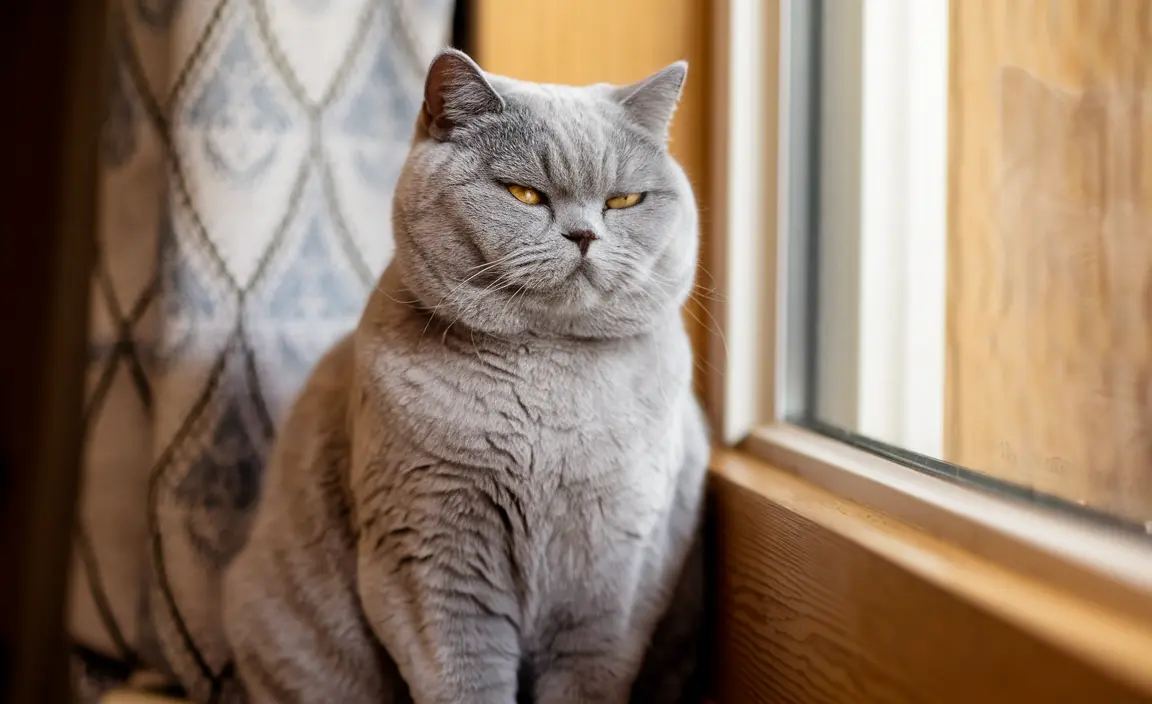Every cat has a unique personality, and some are naturally more quiet than others. If you've noticed your feline friend rarely meows or seems to open their mouth silently, you're not alone. Understanding why cats communicate differently can help pet owners better connect with their furry companions.
While meowing might be the most recognizable form of cat communication, it's not the only way these fascinating creatures express themselves. Let's explore the various reasons behind a cat's silent communication style.
Natural Personality and Breed Differences
Not all cats are vocal by nature. Some breeds and individual cats simply prefer quieter forms of communication. Certain breeds like the Russian Blue or British Shorthair are known for being more reserved, while Siamese cats are typically more talkative.
Learned Communication Patterns
Cats are intelligent animals that quickly learn which communication methods work best. If meowing hasn't consistently produced the desired response from their humans, they may develop alternative ways to get attention. Body language, eye contact, and subtle physical cues often become their preferred communication tools.
Medical Reasons for Reduced Vocalization
Sometimes, a lack of meowing can indicate underlying health issues. Upper respiratory infections, laryngitis, and other medical conditions can affect a cat's ability or willingness to vocalize.
Common Health Concerns
- Upper respiratory infections can cause temporary voice loss
- Inflammation of the larynx may prevent normal meowing
- Hyperthyroidism can alter a cat's vocal patterns
- Physical obstructions like tumors might impact vocalization
Stress and Environmental Factors
Cats are sensitive creatures. Changes in their environment, introduction of new pets, or disruptions to their routine can significantly impact their communication style. A stressed cat may become quieter as a coping mechanism.
Signs of Feline Stress
- Reduced vocalization
- Changes in eating habits
- Hiding more frequently
- Decreased interaction with family members
Alternative Communication Methods
Just because your cat isn't meowing doesn't mean they're not communicating. Cats have a sophisticated language that goes far beyond vocal sounds.
Non-Vocal Communication Techniques
- Slow blinking (the "cat kiss")
- Tail positioning
- Purring
- Body posture
- Chirps and trills
When to Consult a Veterinarian
While a quiet cat isn't necessarily cause for alarm, sudden changes in vocalization should be investigated. Pay attention to additional symptoms like:
- Lethargy
- Weight loss
- Respiratory issues
- Unusual discharge
- Significant behavioral changes
Frequently Asked Questions
Why does my cat rarely or never meow, and is this normal behavior?
Many cats are naturally quiet. As long as your cat appears healthy and communicates through other means, a lack of meowing is typically not a concern.
What medical issues can cause a cat to stop meowing or have a weak, raspy meow?
Upper respiratory infections, laryngitis, hyperthyroidism, and physical obstructions can impact a cat's ability to meow effectively.
How can stress or changes in environment affect my cat's vocalization?
Stress can cause cats to become less vocal as a coping mechanism. Major life changes like moving, new pets, or family disruptions can trigger this response.
What are the alternative ways cats communicate if they don't meow?
Cats use body language, eye contact, tail positioning, purring, chirping, and physical proximity to communicate their needs and emotions.
When should I take my cat to the vet if it suddenly stops meowing?
Consult a veterinarian if the lack of meowing is accompanied by other symptoms like lethargy, weight loss, respiratory issues, or significant behavioral changes.






